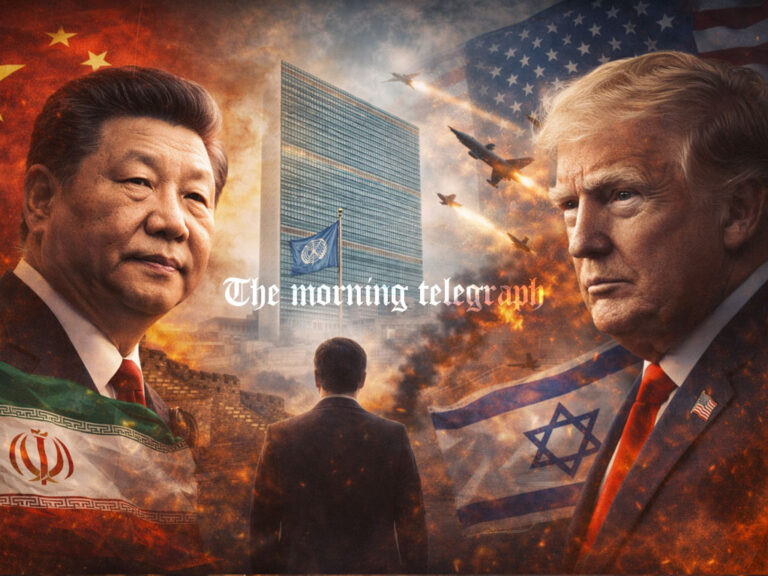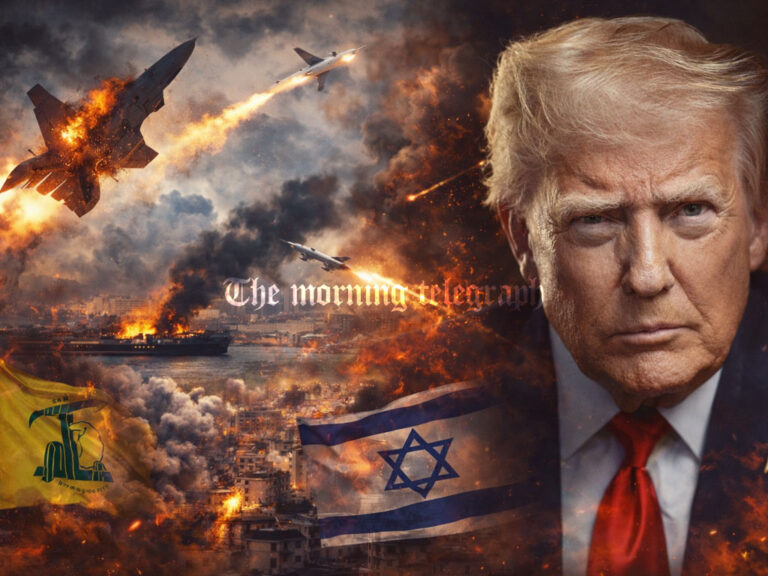
In a stark warning that casts fresh doubts on the country’s healthcare stability, the Federation of Health Professionals has raised red flags over an alleged plan to import unregistered and potentially inferior Indian drugs under the pretext of addressing Sri Lanka’s worsening medical shortages.
Ravi Kumudesh, President of the Federation, says the public health sector is facing a critical shortfall in life-saving and essential medicines, with hospitals across the island operating in crisis mode. According to Kumudesh, three of the thirteen drugs classified as life-saving have already run out entirely from government hospital stocks, and many others are dangerously low.
Citing internal health ministry data, Kumudesh notes that only 183 out of 460 essential drugs, and just 48 out of 139 non-essential drugs, are currently available through the Medical Supplies Division. In total, out of the 612 drugs approved for public hospital use, the country is now grappling with an acute scarcity of both vital and essential categories.
The VEN classification system—used globally and in Sri Lanka for over a decade to prioritize medical resources—categorizes medicines into Vital, Essential, and Non-essential groups to manage procurement and stock distribution efficiently. But Kumudesh argues that even this proven system is now being ignored in what he calls a “deliberate failure of planning and resource prioritization.”
“Rather than transparently addressing the shortages using the VEN framework,” he warned, “there is a coordinated push to exploit the emergency by importing substandard and unregistered drugs through backdoor mechanisms.”
Health professionals fear that this strategy may open the floodgates for low-quality pharmaceutical products, particularly from India, without proper vetting by the National Medicines Regulatory Authority (NMRA). Kumudesh contends that this not only risks patient safety, but also undermines public trust in the nation’s healthcare system.
While no official statement has been issued by the Ministry of Health or the NMRA regarding emergency drug imports, insiders confirm that procurement loopholes are being explored to bypass normal regulatory requirements.
Medical professionals are now calling for urgent government intervention, demanding that all pharmaceutical imports adhere to existing regulatory standards and undergo full transparency. They also want an independent audit into how the shortages arose in the first place—and who stands to gain from the proposed workaround.
“This isn’t just about logistics anymore,” Kumudesh said. “This is about integrity in public health policy. Patients’ lives are being held hostage to what looks like another attempt to profit from crisis.”
As hospitals grow increasingly strained and trust in the public health system erodes, a single question looms large: Will patient care be sacrificed at the altar of expediency and profit?




